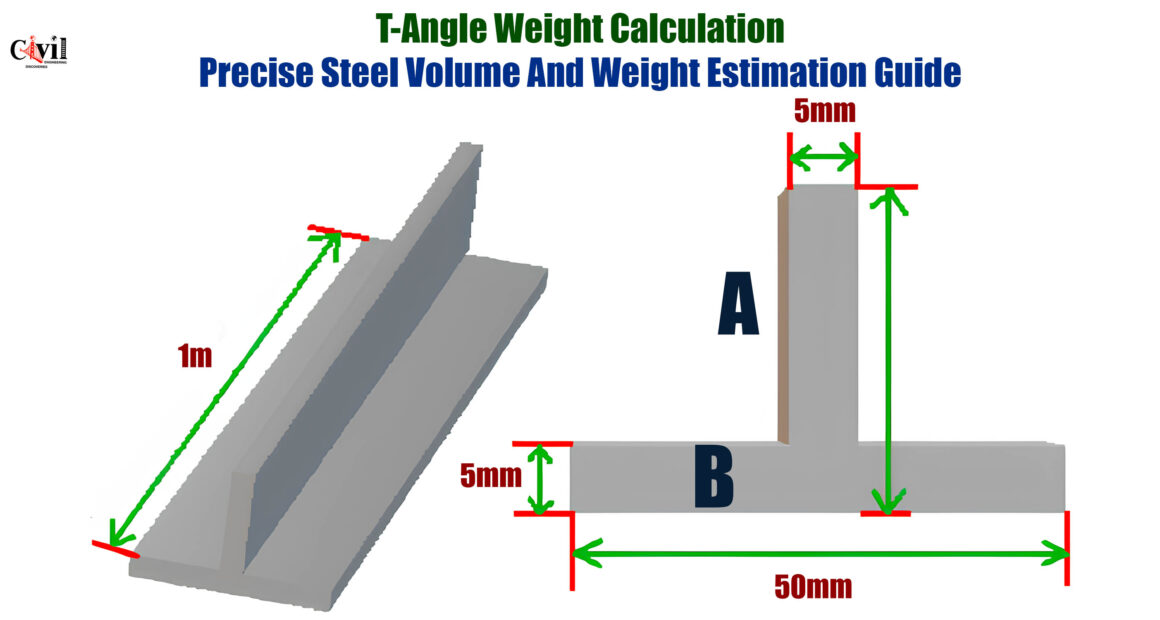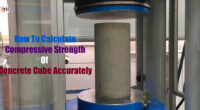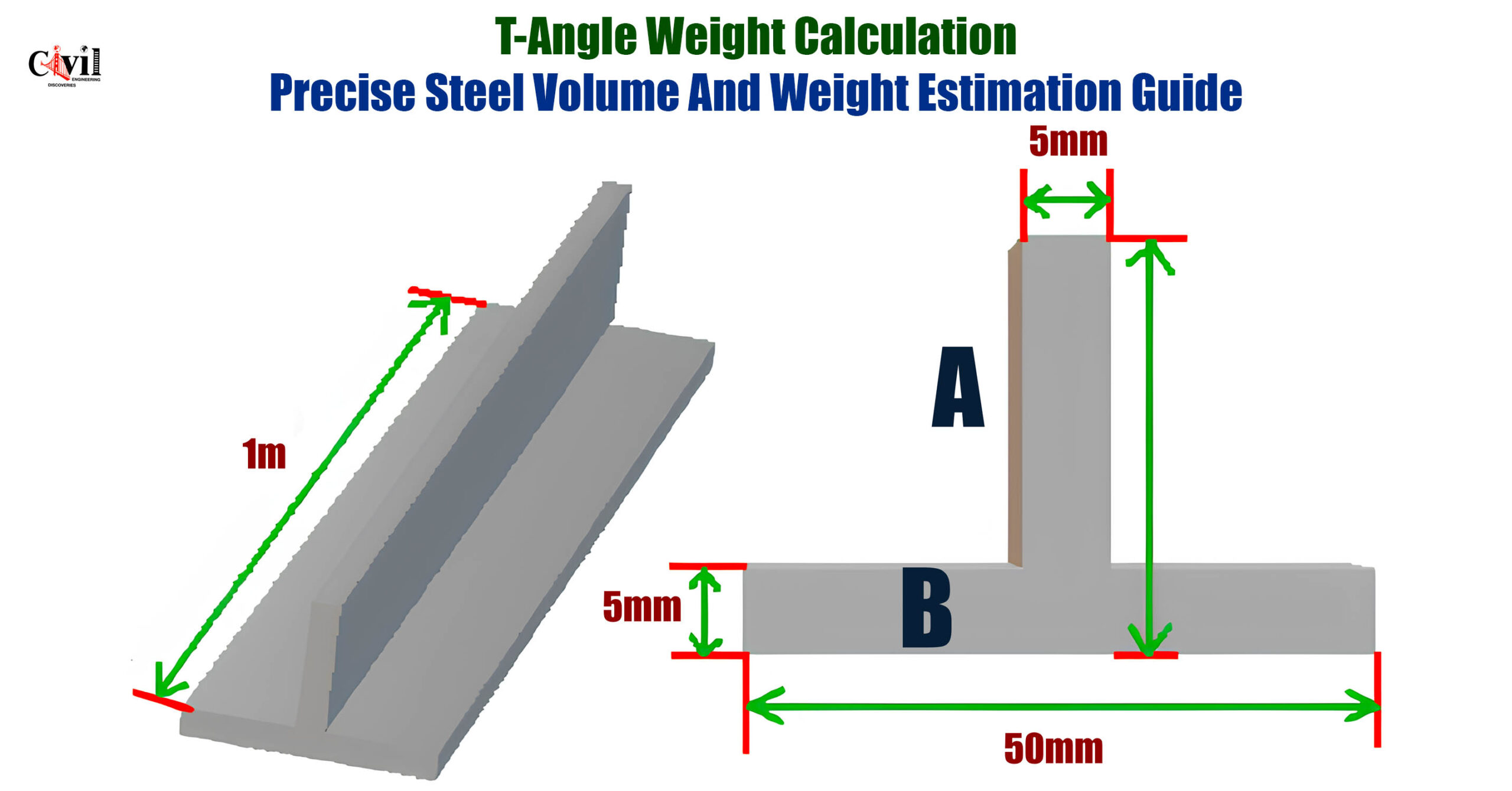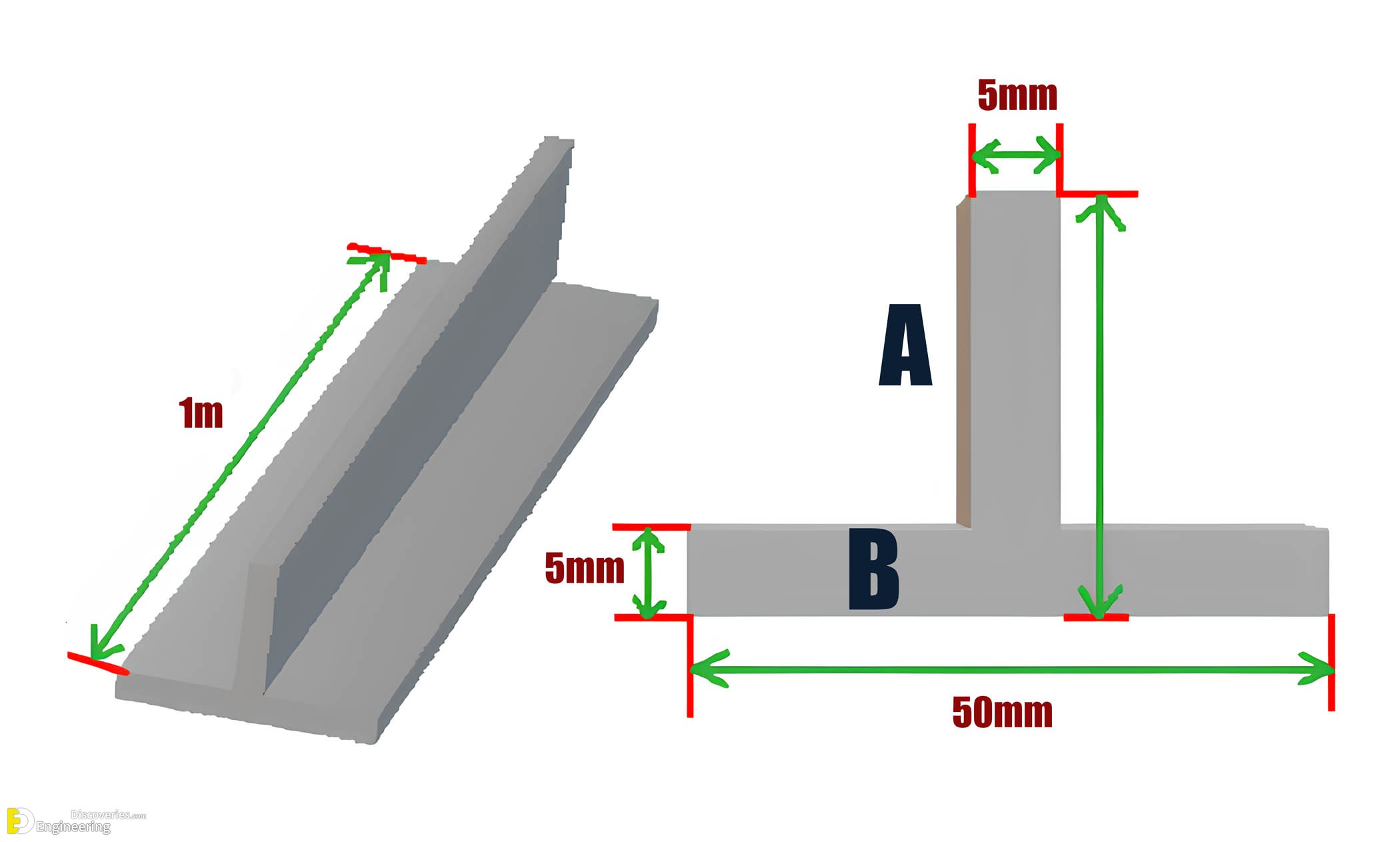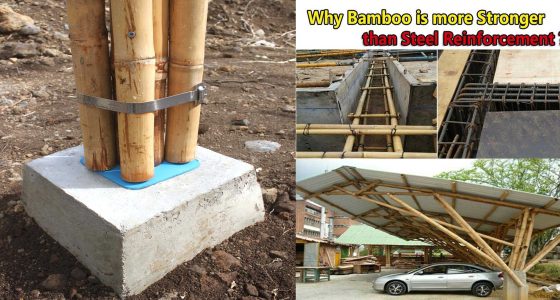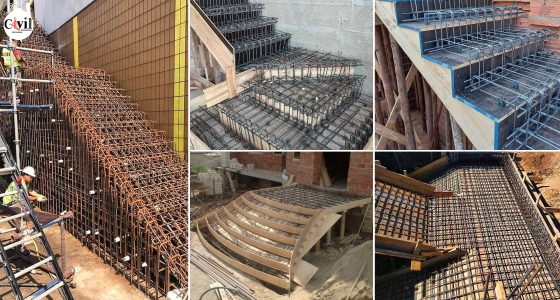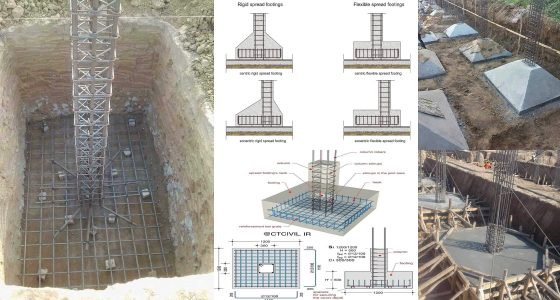Introduction to Steel T-Angle Weight Estimation
Accurate weight estimation is essential when working with steel in structural or fabrication projects. It ensures correct material usage, transport, and structural integrity. This guide focuses on calculating the weight of a T-angle with the given dimensions using precise and professional methods.
T-Angle Size and Basic Data
To begin, let’s define the size and input data for the steel T-Angle:
-
T-Angle Dimensions: 50 mm × 50 mm × 5 mm
-
Length of Steel Section: 1 meter
-
Density of Steel: 7850 kg/m³
These values will guide the rest of the calculation process with a clear, step-by-step breakdown.
Convert Dimensions to Meters
Before calculating volume, it’s vital to convert millimeters to meters to align with the SI unit system:
-
50 mm = 0.05 m
-
5 mm = 0.005 m
-
1 meter = 1.00 m (already in meters)
Working in meters simplifies the process when applying standard density values.
Volume Calculation of Both Segments
The T-Angle comprises two perpendicular plates forming a “T” shape. We’ll calculate their volumes separately and then sum them.
Volume of Segment A (Vertical Plate)
Using the formula:
Volume = Width × Thickness × Length
Volume of Segment B (Horizontal Plate)
Segment B has the same dimensions and is calculated similarly:
Total Volume of T-Angle
Add both segment volumes to get the total:
Calculate the Weight of the T-Angle
Once we have the total volume, we apply the density of steel to determine the weight:
Final Result: T-Angle Weight
The weight of a steel T-Angle with dimensions 50×50×5 mm and a length of 1 meter is:
✅ Total Weight = 3.925 kg
This value ensures precise load planning and procurement.
Why Accurate Weight Calculation Matters
Accurate steel weight calculations:
-
Improve material cost estimation
-
Prevent structural overload
-
Assist in transport planning
-
Help minimize waste in fabrication
Transitioning between calculations and real-world use is seamless when the data is precise.
Click Here To See Box Culvert Basics: How To Easily Calculate Concrete Volume Like A Pro
